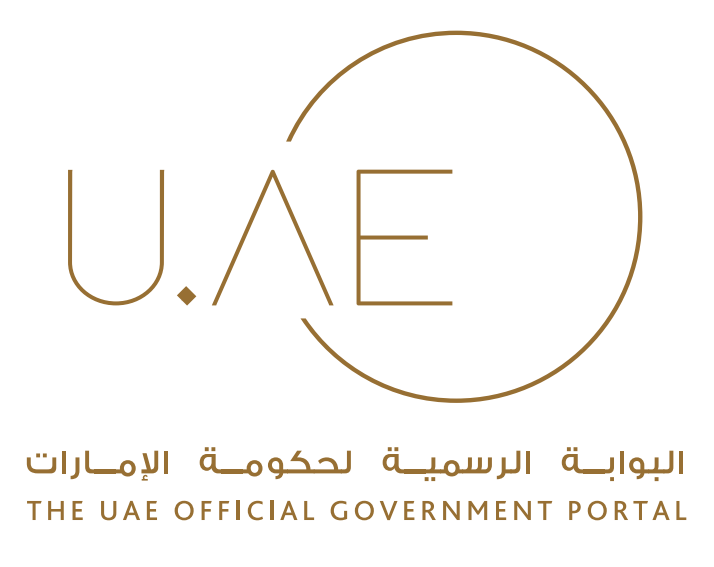The impact of COVID-19 on businesses and the legal protection as well as legislative tools available for companies and entrepreneurs to fulfill their obligations to all stakeholders concerned were the topics of discussion at the fifth ‘Market Dialogue’ organised by Dubai Economy. The dialogue, held today under the theme ‘Protecting the rights of distressed businesses during COVID-19 under the new Bankruptcy law’ was hosted by Khalid Mubasheri, CEO of the Governance & Legislation sector in Dubai Economy.
“There is no doubt that the COVID-19 crisis — and the complete or partial closure of commercial activities in the UAE — had a direct economic impact on businesses. Federal and local governments sought to contain that impact by enabling business continuity and launching stimulus packages, all of which have had a significant positive impact on improving the economy and mitigating the impact of the pandemic,” Mubasheri said during the dialogue.
Mubasheri stressed that the bankruptcy law was initially issued to protect companies under natural conditions. However, in light of the spread of the pandemic as an exceptional circumstance, many companies were forced to restructure to avoid any negative impact, especially in regard to creditors, suppliers, and employees. This emphasises the importance of the bankruptcy law in helping such companies through mechanisms stipulated by the law, whether by financial reorganisation through a committee formed for this purpose or by resorting to a conciliatory bankruptcy reconciliation, and by restructuring the debtor’s money, with positive effects that are reflected on those establishments during these exceptional circumstances to enable them to continue.
UAE businesses distressed by debts of AED 100,000 or above as a result of the pandemic can benefit from the UAE bankruptcy law, said Mubasheri.
The application of the provisions of the bankruptcy law has enhanced the UAE’s ranking in the Global Competitive Index. The UAE has also ranked 17 out of 190 countries in the 2020 ranking of the best countries for ease of doing business. Additionally, the state issues this law and some other investment laws to provide a safe legal environment, which is suitable for investing capital and developing its resources under a legal umbrella and investment climate, characterised by justice, governance, and transparency.
Mubasheri pointed out that UAE businesses distressed due to the crisis can resort to legislative solutions to adjust their status, especially under the general provisions of UAE Federal Law (5) of 1985, which was amended by Federal Law No. (1) of 1987 on the Civil Transactions Law, by invoking the pandemic as either a case of force majeure or an exceptional circumstance. A distressed company must first prove that the failure came as a result of the COVID-19 pandemic before the provisions in the Civil Transactions Law regarding force majeure or exceptional circumstances can be used. It is also possible to take advantage of the provisions of the bankruptcy law by submitting an application to the Financial Reorganization Committee, or the competent court, to file a bankruptcy protection request
A force majeure is instated on an event if it is sudden, could not have been anticipated, and renders the performance of the contractual obligations impossible. In such a case, and according to Article (273) of the Civil Transactions Law, the corresponding obligation ceases, and the contract is automatically annulled. If the lack of ability to perform contractual obligations is partial, the part that is deemed impossible shall be omitted. In the event that one or both parties breach their contractual obligations due to the pandemic, the other party may not claim compensation for the damages incurred by the latter as a result of this breach due to the force majeure status that renders the fulfilling of some obligations impossible.
Mubasheri added: “For an event to be considered an exceptional circumstance, it would need to satisfy three criteria: the exceptional circumstance must have taken place after the agreement; the event could not have been foreseen; and the performance of the contractual obligation, even if not impossible, becomes a burden on the obligor that may incur grave losses. In that case, according to article (249) of the Civil Transactions Law, it shall be permissible for the judge, in accordance with the circumstances and after weighing the interests of each party, to reduce the straining obligation to a reasonable level, if justice so requires, and any agreement to the contrary shall be void.”
The webinar was organised in partnership with Emarat Al Youm newspaper and was broadcast live on Zoom and Dubai Economy’s Instagram page.









 For an optimal experience please
For an optimal experience please